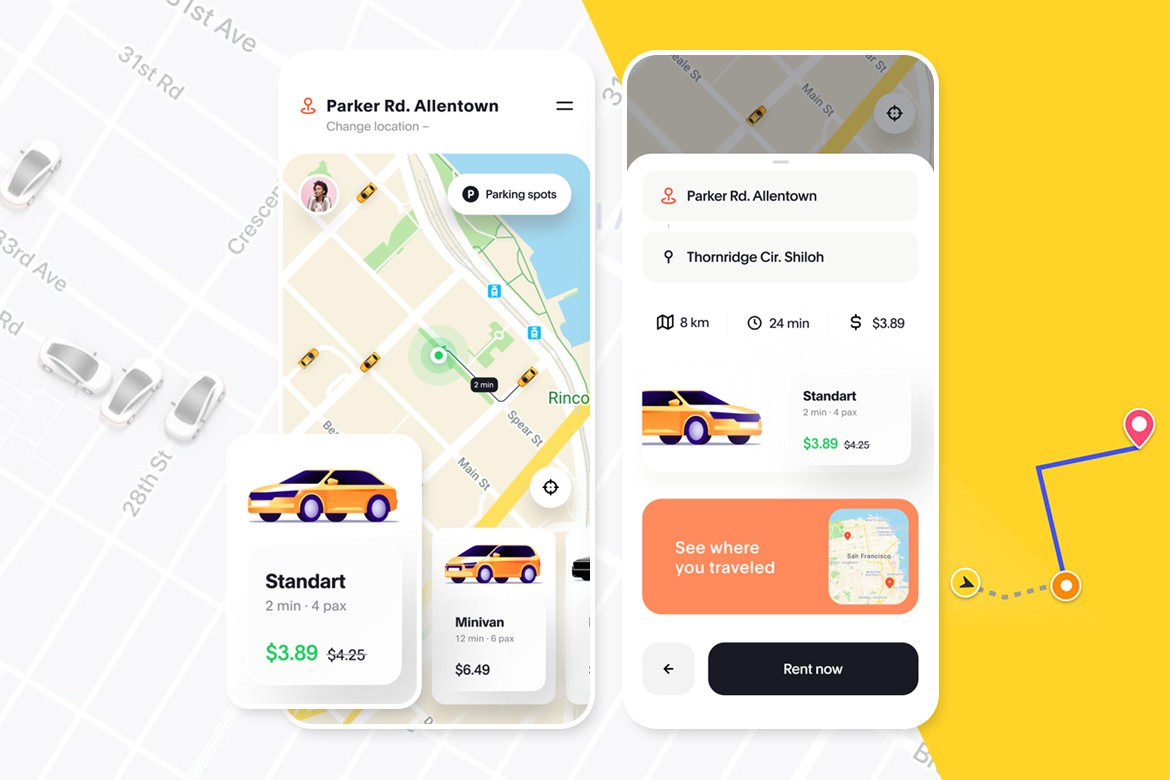I recently conducted an analysis of my shopping trends over the past few years. I realized that there is a 75% chance that I will shop online for the things that I used to purchase physically. This has been the trend for most of my family and friends. I am sure that you also prefer buying goodies online to physical shopping. Should we call ourselves a lazy generation? I say NO! we should appreciate the convenience that online shopping brings to the shopper.
Many consumers now prefer conducting online shopping to physical shopping because of the more extensive selection, reasonable prices, and convenience. As a retailer, you should consider creating an avenue where clients can purchase and pay for your products online. In doing so, you will enjoy an extensive customer base. However, as you prepare to take your business online, there is a reason to be worried. People are still wary of the threats that might hit them when making their payments online. To be more precise, people are still nervous about the risks associated with sharing their credit card details, debit card details, and other financial information.
If you are an ecommerce store, you should strive to provide your clients with a reliable, effective, and secure online payment platform. There are several things you need to consider when creating an ecommerce store with a secure payment gateway.
In this article, I will explain the essential payment checklist to secure your payments online.
1: Security and Reliability of the ecommerce platform
A reliable and secure ecommerce platform will go a long way in ensuring the payment system’s utmost security. One great advantage with a dedicated ecommerce platform such as Shopify is that it will relieve you of the burdens of detecting vulnerabilities that could threaten online payments and secure your networks from those threats. Before accepting payments on your website, you should ensure that you choose a reliable ecommerce platform.
2 : SSL Certificates
One of the top factors on our website payment checklist is the SSL certificate. It would be best to remember that your clients will be using their browsers to communicate with your servers. To ensure safe communication, every ecommerce store should take it upon itself to install an SSL certificate. The certificate will safeguard all the details sent to and from your clients. Such information includes their debit and credit card numbers, login credentials, and other personal information. The certificate ensures privacy for the data passed between your servers and your clients’ browsers.
Your customers will also be keen to ensure that your website has the certificate before they can enter into any form of communication with you. Today, many people prefer browsing on HTTPS websites to HTTP websites. To establish whether or not your website has the certificate, your web visitors will check your URL.
If the URL starts with HTTPS, then it means that your site has the certificate instead of when the URL begins with HTTP, in which case no one will be willing to share their personal information with you for fear of breaches from intruders.
If you intend to secure your online payment gateway and increase your clients’ confidentiality in your payment model, then you should start thinking about installing an SSL certificate and if you have still confusion regarding which one is the best for your website then read the in-depth guide on ssl certificate from ClickSSL to clear all your doubts.
3 : Multiple Verification Layers
Apart from advocating for the use of strong and unique passwords, you should also add multiple verification layers such as the two-step verification. In the two-step verification method, your clients will have to undergo a further verification process other than the use of login credentials. Your customers will have to enter a unique code sent to their devices via email or as a text message on signing in.
>>>Read More: Know More About Paytm Payment Gateway Integration<<<
For a client to fully access an account, he/she will have to enter the code within a specific time frame as the code is usually attached to an expiry time. The two-step verification process ensures that no intruder will access an account even after being able to go past the login process. Other forms of verification should also apply, including biometrics such as fingerprints and face recognition.
4 : PCI Compliance
The Payment Card Industry policies and regulations are a fundamental part of ecommerce, which every online merchant should comply with. The Payment Card Industry security policies stipulate several data security standards that ecommerce traders are supposed to adhere to and uphold the consumers’ privacy and safety. The standards are set mainly for the e-merchants who allow credit card and debit card payment transactions.
>>>Read More : Top 8 Payment Gateways that Gain a Competitive Edge in 2021<<<
You must adhere to these standards to protect the sensitive details that your clients share with you and ensure maximum security to the cardholders.
5 : DDoS Protection
Distributed Denial of Service attacks remains a nightmare to the security of online payments. The attack involves a hacker attempting to disrupt the regular traffic of your servers or network. The attacker will direct an overwhelming amount of traffic to your networks or the neighboring infrastructure. A DDoS attack is one type of a cyber-threat that you will not wish to face. The attack will deny your website users the ability to access your website, in which case your users will not be able to access any of your services, including making payments.

It would help if you took it upon yourself to ensure that your ecommerce store has effective and adequate defences from the Distributed Denial of Service attacks. The following are some of the measures that you can take to protect your network from DDoS attacks:
create redundancy into your networks and servers by spreading them across several data centers.
Purchase more bandwidth to help handle traffic spikes that a DDoS attacker might have caused.
Purchase and install anti-DDoS software on your networks.
Safeguard your Domain Name System servers.

6 : Layered Defenses
Only one security measure will not be able to give the utmost level of security to your online payment system. Just like your physical retail shop has a metal gate, a railing, and multiple locks to enhance security, in the same way, your ecommerce website should have numerous security defences to protect the entire website from any form of cyber insecurities. Ensure that you use multiple security defences to protect your system from cyber threats. As a general rule, the more security layers you have, the more secure your online payment system will be.
Conclusion
The move towards electronic commerce has been overwhelming, especially in the recent past. Most retailers are resolving to create ecommerce websites. This trend has been majorly spearheaded by the advancements in technology and the fact that more consumers prefer online shopping to physical shopping. Despite the convenience that ecommerce stores bring to both the owner and the consumers, cyber threats remain an incredible nightmare. Proper tools and measures should be put in place to ensure security, especially the security of payments made on the website. In this article, I have explained six things that you should check out to ensure secure payments on the website.














